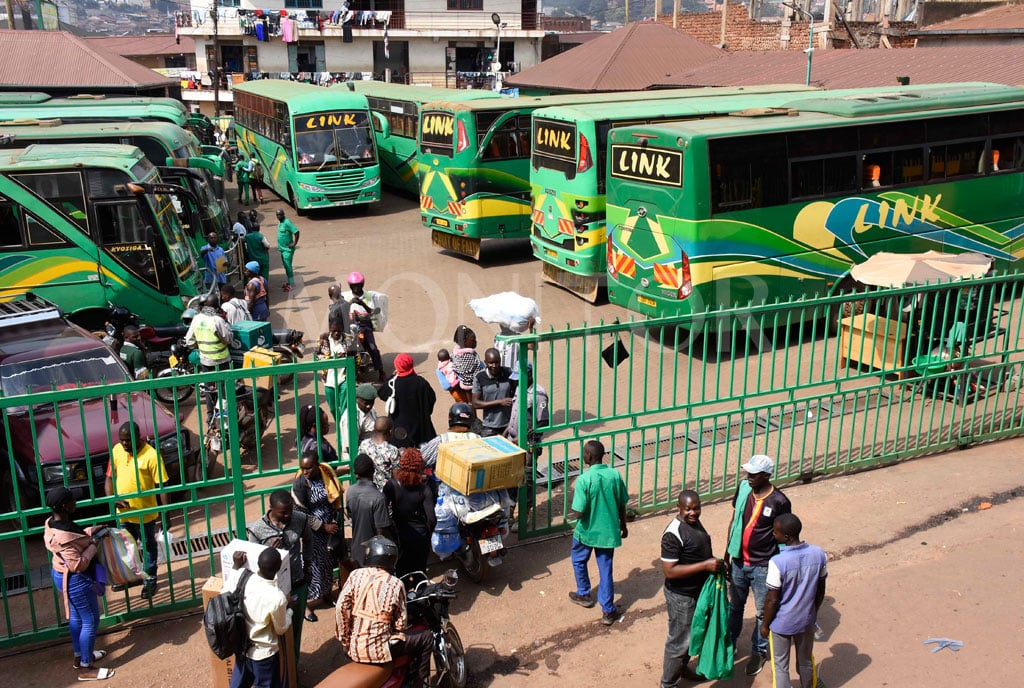What buses pay to keep running

Passengers enter Link Bus Terminal in Kampala on August 23, 2023. PHOTO/ISAAC KASAMANI
Bus transportation is a service-oriented business that involves ferrying passengers from one location to another using buses.
In Uganda, this industry plays a crucial role in providing relatively affordable and efficient transportation. But operating a bus business is not as easy as one may think.
According to data from Uganda Bus Owners Association (Uboa), there are about 690 buses in the country and keeping each one of them on the road is a multimillion undertaking.
Uboa’s data shows that the average cost of a new bus is $140,000 (about Shs519m), taxes inclusive. Bus operators say they mostly buy the vehicles through bank loans, which come with very high interest rates. Once a bus is on the road, an operator must pay Shs50,000 for each bus which leaves the privately-owned bus terminals. So, assuming all the 690 buses leave the terminals every day, then the owners of bus terminals take home a total of Shs34.5m.
According to Mr Robert Mutebi, the director of Jussy Bus Company, which plies the Kampala-Kabale route, costs him between Shs1.2m and Shs1.5m in fuel for a return journey.
Mr Mutebi said this is in addition to paying salaries of three permanent staff per bus, including a conductor, driver and tonboy/man. He said these workers are each paid about Shs300,000 per month and receive a Shs20,000 daily allowance.
“Minus the permanent staff, the rest are employed on wages. The Kampala office has three people; a manager, luggage or cargo-in-charge and a booking clerk. There are also seven loaders with each getting Shs30,000 per trip and others along the route through Masaka, Mbarara, Ntungamo,” he added.
Mr Ibrahim Bbosa Kibuuka, the Assistant Commissioner of Public and Corporate Affairs at Uganda Revenue Authority, yesterday said buses pay three types of fees. These include park user fees collected by KCCA, Passenger Service Vehicle (PSV) licence fees collected by the Ministry of Works and Transport, and the Advance Income Tax, which is about Shs20,000 per seat per year.
“If a bus has a capacity of 60 people, you are looking at an Advance Income tax of Shs1.2 million per year. Now, the bus strike is likely to affect park user fees,” he said.





